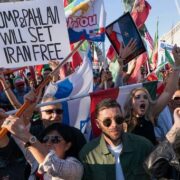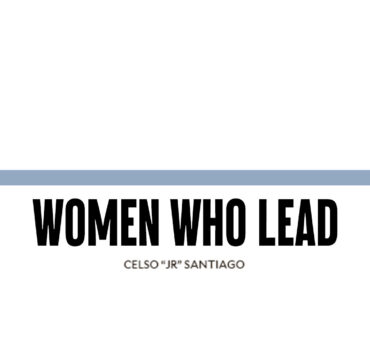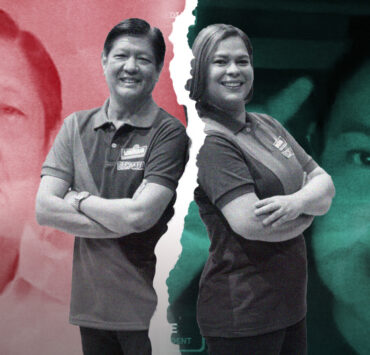The need for fair, accountable, and sustainable energy

The recent 25-year renewal of Meralco’s contract to serve the Filipino people as its electricity provider—despite its current agreement being valid until 2028—raises critical questions about the necessity and transparency of such a prolonged extension. These critiques are not an assessment of Meralco’s capabilities, but rather a pressing call for transparency in its compliance with legal policies and ethical standards—much-needed scrutiny of its operational performance throughout the years.
As a monopoly, Meralco’s limited competition raises concerns about prioritizing profits over public needs, leading to high electricity rates, questionable billing practices, and insufficient accountability. The lack of transparent public hearings during its franchise renewal process further fuels distrust in its commitment to serve the public interest. The questions posed are not intended to hinder Meralco’s operations, nor are they focused solely on the extension of the franchise, as this process aligns with the guidelines set by the House committee on legislative franchises under Section 24, which specifies that the proper time to seek a franchise extension is five years prior to expiration. Stronger oversight is essential to ensure fair practices, accountability, and consumer protection.
While concerns regarding Meralco’s monopolistic position and its potential for overpricing are valid, the company’s significant infrastructure investments suggest a commitment to improving service quality and contributing to national development. The company has enhanced its distribution network, integrated advanced technologies, and contributed to crucial government projects like the Metro Manila Subway. Moreover, eligible consumers are granted the opportunity to select purely renewable energy sources through the Green Energy Option Program (GEOP), which is an integral component of the Renewable Energy Act (Republic Act No. 9513). This program enables consumers to exercise greater control over their energy expenses and usage, promoting a more sustainable and responsible approach to energy consumption. These efforts show that Meralco is focused not only on profit but also on fostering economic growth and long-term sustainability for the public.
Despite the commendable GEOP, Meralco’s monopolistic status continues to limit competition, leading to high electricity prices, billing issues, and lack of transparency. Gabriela party list Rep. Arlene Brosas highlighted that 7.63 million Filipinos suffer from steep rates and unstable power supply, underscoring the need for a thorough performance review. Existing laws, like RA 9209, mandate providing electricity at the least cost and ensuring open, non-discriminatory access. However, noncompliance persists, with Congress empowered to revoke franchises for violations, highlighting the need for stronger accountability and adherence to legal mandates.
While Meralco’s investments and initiatives, such as the GEOP, reflect a commitment to improving service and sustainability, its monopolistic position demands rigorous scrutiny and stronger accountability. The lack of competition and transparency and persistent issues like high rates and billing discrepancies call for urgent reform. We must advocate for greater oversight, transparency, and competition in the energy sector to safeguard the public interest, uphold legal standards, and ensure fair energy practices.
Filipinos deserve a fair, accountable, and sustainable energy future—one where public welfare takes precedence over profit.
KabaTanglaw, UST SHS 12ABM-07
















